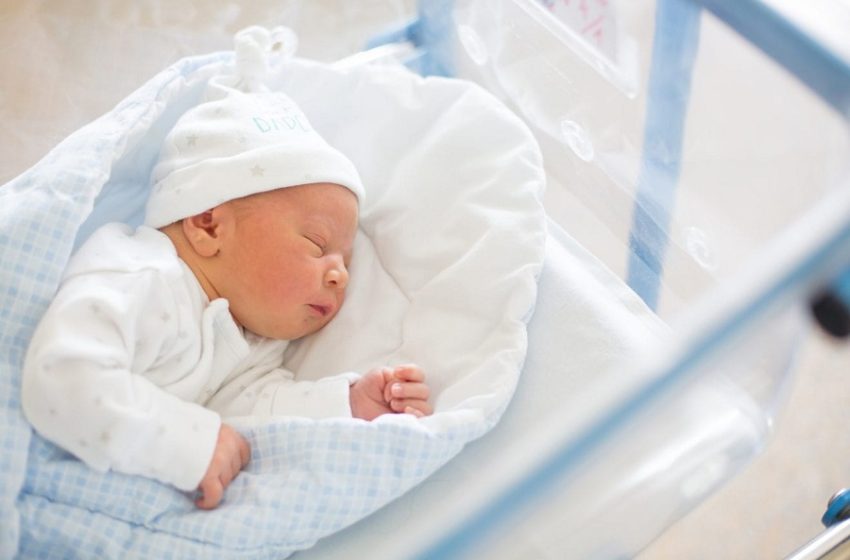New Parents’ Alert: 3 Unexpected Ways You May Harm Your Newborn

Newborns are precious and delicate, not just in the literal sense. Did you know that the slightest negligence can harm your little one? You may want to skip the numbers when it comes to newborn mortality risks, but they are worth knowing. According to recent statistics, the current infant mortality rate in the US is 5.480 deaths per 1000 live births, which marks a 1.21% decline from 2022.
While the numbers sound scary despite the decrease, the good news is that most newborn deaths are preventable. Careful attention during pregnancy and after childbirth can lower the risks to your baby. New parents have tons of helpful advice from doctors, other parents, books, and online resources, but they still end up endangering their babies by failing to pay attention.
Awareness is the best start during your first experience of caring for a newborn. Besides taking common sense safety precautions, you must know the unexpected mistakes that may hurt your baby. Avoiding these blunders can keep your little one healthy and safe during the most fragile phase of life.
Here are a few potential neonatal risks you should be aware of as a new parent.
Choosing the Wrong Baby Formula
Breastfeeding is the best for babies, but many mothers have to switch to formula milk due to unavoidable reasons. Not reading the labels carefully can be a serious mistake because the wrong ingredients can do more harm than good. Bovine-milk–based infant formulas have been linked with the risk of necrotizing enterocolitis (NEC) in preterm infants.
Beyond the research studies, American law validates the risk by allowing parents to file claims against the manufacturers of brands like Similac and Enfamil. If your baby suffers from the NEC due to the use of these brands, you can file a toxic baby formula NEC lawsuit to seek justice and compensation from the manufacturer.
According to lawyers from TorHoerman Law, the average settlement in these lawsuits can range between $5,000 to $500,000. The settlement offers coverage for medical bills for the treatment of NEC complications, the cost of pain for the infant and parents, and lost parental wages while taking care of the baby. Since these cases are complex and rare, an experienced lawyer is the best person to handle them.
Overlooking Warning Signs
Newborns cannot express pain and discomfort because they do not have a way to communicate with adults. As a parent, you may notice something amiss in your newborn’s behavior to spot a problem. Although you may rely on your parental instincts, they are not always good enough to understand that your newborn is unwell.
On most occasions, you can spot warning signs if you are vigilant enough. You must keep a close eye on the little one because unusual red flags may not be too prominent. Overlooking them is the worst thing because you may end up losing control. Pay attention to these signs and seek medical advice sooner than later. Here is a checklist you can follow:
- Persistent crying
- Lethargy or irritability
- Loss of appetite
- Fever
- Diarrhea
- Irregular stools
- Umbilical cord infection
Sleep Positioning
Did you know that nearly 3500 infants in the US die of sleep-related deaths every year? Sudden infant death syndrome (SIDS) is a condition leading to unexplained death in babies less than a year old. Parents are often responsible because they fail to position the sleeping baby properly. It means you can minimize the risk by understanding and following the rules of newborn sleep positioning.
According to the American Academy of Pediatrics guidelines, babies should be made to sleep on their backs. They should be in their own crib without soft bedding and toys. While these guidelines are simple, parents are often unaware.
A CDC study states that one in five mothers reported positioning their baby on the side or stomach during sleep. Likewise, 39% admitted to using soft bedding in the crib. Letting the newborn sleep in your bed is even worse. You can avoid these unhealthy sleep positions to prevent the risk of SIDS for your newborn.
Wrapping Up
Parents always have the best intention for their children, but early parenting is the time when most of them go wrong. A part of the reason for increased risks is that newborns are fragile, and the tiniest bit of negligence can have grave consequences.
Being aware of these unexpected risks can take you the extra mile with your baby’s safety. Be proactive, follow the safety rules, and spread the word to help other parents to avoid these mistakes.


